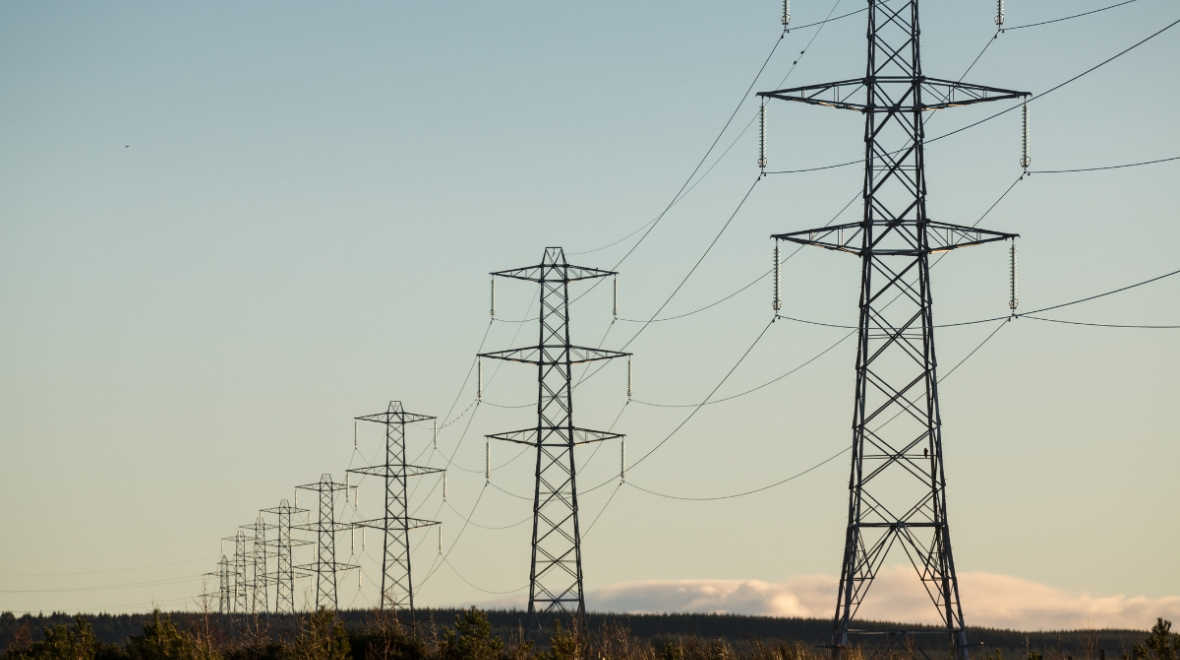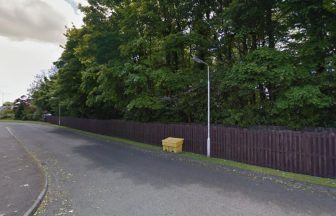A scheme rewarding people to cut back on using power-intensive products at peak times will not come into force for the first time on Tuesday.
National Grid’s system operator announced it could activate the Demand Flexibility Service (DFS), designed to avoid power cuts, after it notified energy providers they may have been required to step-in.
A final decision on whether the service would kick-in on Tuesday was confirmed at 2.30pm and it has been stood down.
A notice issue by the Electricity System Operator (ESO) said: “Further to issuing the anticipated requirement notice. There is no longer considered to be a requirement for DFS.”
The DFS is running from November to March, and it is expected to swing into action 12 times whatever happens to ensure people get rewarded for being part of the scheme – with additional use if needed to protect supplies.
It is the first scheme of its kind, the ESO’s director of corporate affairs Jake Rigg said, and it is hoped it will deliver 2GW of power savings to balance supply and demand.
 iStock
iStockThe ESO contacted suppliers at 10am on Monday to warn them they may need to deliver megawatts as part of the DFS.
It would see households paid to put on their washing machines or dishwashers or charge their electric cars away from peak hours in an effort to prevent blackouts this winter.
Europe’s energy supplies are uncertain following Russia’s invasion of Ukraine and so the grid operator is planning for what would happen if there were no imports of electricity from the continent and insufficient gas supplies.
Shortages of gas could mean planned three-hour blackouts in some areas to protect supplies for heating homes and buildings, the UK’s National Grid operator warned previously.
Earlier this year, ESO ran a successfull trial with Octopus Energy. Following this, it has worked with suppliers, aggregators and consumer groups to scale the scheme up to a national service this winter.
Suppliers can sign up to the service which then means consumers wishing to flex electricity use and benefit can do so via their provider directly.
Approved providers include Octopus Energy, Scottish (British) Gas, E.ON Next, Shell Energy Retail and 20 others.
Big businesses will also be paid to reduce demand by shifting when they use energy or switching to batteries or generators during peak times.
Follow STV News on WhatsApp
Scan the QR code on your mobile device for all the latest news from around the country


 iStock
iStock


























